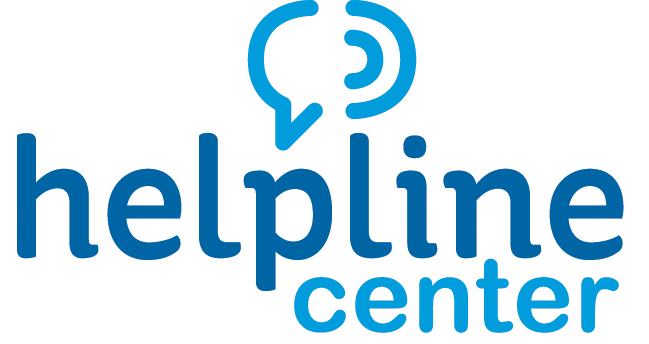Good Samaritan Law for Overdose Safety
An overdose happens if you, or a friend or loved one take too much of a drug – even if it is the very first time, or if the drug is legal. Overdoses are dangerous. According to the South Dakota Department of Health, 74 people died in South Dakota from drug overdoses in 2022.
How do you know if someone is overdosing?
It depends on the drug and the person, but some common signs include:
- Slow or shallow breathing
- Small, constricted pinpoint pupils
- Gasping noises while sleeping or snoring in an unusual way (also known as the ‘death rattle’)
- Skin that is pale, blue, or cold
- A slow heartbeat
- Limp body
- Loss of consciousness
There are many other symptoms of overdose, so anything that is weird could be a sign. It’s scary to see someone overdose, or to feel like you might be overdosing. A phone call can save someone’s life!
You might be scared to call for help because you don’t want to get yourself or your friend in trouble. In South Dakota, there are two laws to make it easier to reach out for help.
- Good Samaritan Law protects you if you call for help for someone else. You won’t be arrested or prosecuted for any substance use or possession crime as long as:
- The evidence of the crime was found because you called for medical help for someone;
- You needed and called for help because it was an immediate health or safety issue;
- You stay with the person who needs help and answer any questions emergency responders have.
- Codified Law 34-20A-111 protects you from getting in trouble if you think you are overdosing and call for help. You won’t be arrested if evidence of drug related crimes is tied to your call for medical help.
Once you know you won’t get in legal trouble if you call for help when someone is overdosing, it is a little less scary. It’s also important to know what information the first responders might need so they can take care of you or your friend as fast as possible. Just Think Twice says you should try to provide these facts:
- What drug(s) did your friend take?
- How long ago were they taken?
- How much was taken?
- Who else should be contacted right away?
If you, or someone you know, may be experiencing an overdose, call 911.
For more information on drug use, overdoses, or help with substance abuse issues, call 211.
Sources:
- South Dakota Legislature Legislative Research Council
- South Dakota Department of Health
- Center for Disease Control
- Substance Abuse and Mental Health Services Administration
- Just Think Twice
Disclaimer: This HelpSheet is developed by the Helpline Center. HelpSheets provide a brief overview of the designated topic. For more information, call 211 or text your zip code to 898211.
Updated: April 2024






